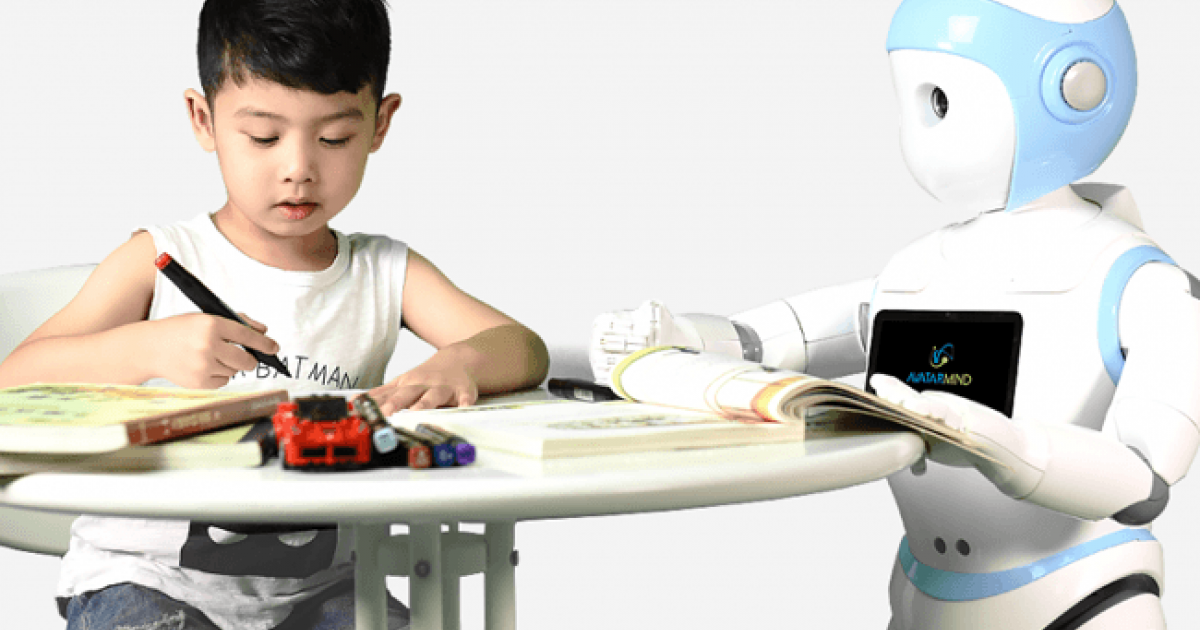Exploring the Impact of AI Toys on Child Development: Benefits, Risks, and Ethical Considerations
In today's rapidly evolving technological landscape, artificial intelligence (AI) has made its way into every aspect of our lives, including children's toys. From interactive robots to educational apps, AI toys for kids are becoming increasingly prevalent. But amidst the excitement, parents and educators are raising valid concerns about the potential benefits and risks associated with these innovative playthings.
In this comprehensive exploration, we delve into the world of AI toys for children, examining their impact on child development, discussing the benefits they offer, evaluating the risks involved, and addressing ethical considerations.
Understanding AI Toys for Kids
AI toys for kids encompass a wide range of interactive devices and playthings that utilize artificial intelligence to engage and entertain children. These toys leverage AI technology to provide personalized learning experiences, foster creativity, and promote skill development in various domains, including cognitive, social, and emotional.

Benefits of AI Toys
One of the primary benefits of AI toys is their ability to adapt to the individual needs and preferences of each child. Educational AI toys, such as interactive learning tablets and robotic tutors, can tailor their content and activities based on the child's learning pace, interests, and abilities. This personalized approach enhances the effectiveness of learning and encourages active engagement.
Furthermore, AI toys can provide valuable opportunities for children to develop essential skills, such as problem-solving, critical thinking, and creativity. Through interactive games, puzzles, and challenges, children can hone their cognitive abilities while having fun.
Additionally, AI toys often incorporate elements of gamification, making learning enjoyable and motivating for children. By integrating rewards, achievements, and progress tracking systems, these toys incentivize children to participate in educational activities and strive for continuous improvement.
Risks of AI Toys
Despite their potential benefits, AI toys also pose certain risks and challenges that parents and educators should be aware of. One concern is the potential for overreliance on technology, leading to decreased social interaction and physical activity. Excessive screen time with AI toys may detract from real-world play experiences, which are essential for children's overall development.
Another risk associated with AI toys is data privacy and security. Many interactive toys collect and store sensitive information about children, including personal details and behavioral data. There is a risk of this data being compromised or misused, raising concerns about privacy infringement and identity theft.
Moreover, some AI toys may lack adequate safeguards to protect children from harmful content or inappropriate interactions. Without proper supervision and parental controls, children may be exposed to content that is not age-appropriate or developmentally suitable.
Educational AI Toys
Educational AI toys are designed to facilitate learning and skill development in various areas, including language, math, science, and coding. These toys offer interactive lessons, quizzes, and activities that are aligned with educational standards and curriculum objectives. By engaging children in hands-on learning experiences, educational AI toys can complement traditional teaching methods and enhance the learning process.
Interactive Toys for Children
Interactive toys for children encompass a wide range of playthings that encourage active participation and engagement. These toys may include robotic companions, virtual pets, and smart devices that respond to voice commands and gestures. By fostering interaction and communication, interactive toys can stimulate children's imagination, creativity, and social skills.
Child Development and AI Toys
The impact of AI toys on child development is a topic of ongoing research and debate. While proponents argue that these toys can enhance cognitive abilities, creativity, and problem-solving skills, skeptics raise concerns about their potential negative effects on social interaction, emotional development, and attention span. Research suggests that the quality and context of children's interactions with AI toys play a crucial role in determining their impact on development. When used appropriately and in moderation, AI toys can provide valuable learning opportunities and enrich children's play experiences. However, excessive reliance on AI toys as a substitute for real-world interactions and activities may hinder rather than facilitate development.
Parental Concerns About AI Toys
Many parents express apprehension about the increasing prevalence of AI toys in their children's lives. Concerns range from worries about screen time and technology addiction to fears about the long-term impact of AI on children's cognitive and social development. Parents also express concerns about the ethical implications of AI toys, including issues related to data privacy, algorithmic bias, and the commercialization of childhood. As AI becomes more integrated into children's toys and play experiences, parents play a crucial role in advocating for transparency, accountability, and ethical use of AI technology.

Learning with AI Toys
Despite the potential risks and challenges, AI toys can be valuable tools for learning and skill development when used judiciously. Parents can support their children's learning with AI toys by setting limits on screen time, monitoring their usage, and actively engaging in play activities together. Encouraging open communication and dialogue about AI toys can also empower children to make informed choices and develop critical thinking skills. By fostering a balanced approach to technology use, parents can help children reap the benefits of AI toys while mitigating potential risks.
Ethical Concerns of AI Toys
Ethical considerations are paramount when it comes to the development and use of AI toys for children. Designers, manufacturers, and policymakers must consider ethical principles such as privacy, autonomy, fairness, and transparency when designing and regulating AI toys.
One ethical concern is the potential for AI toys to perpetuate stereotypes or biases, particularly in terms of gender, race, and socio-economic status. Designers should strive to create inclusive and diverse representations in AI toys to reflect the diversity of children's experiences and identities.
Another ethical consideration is the responsibility of AI toy developers to prioritize children's safety, well-being, and developmental needs. This includes implementing robust privacy protections, age-appropriate content filters, and parental controls to safeguard children from harm.
In conclusion, AI toys for children have the potential to offer valuable learning experiences and enrich children's play and development. By understanding the benefits, risks, and ethical considerations associated with AI toys, parents and educators can make informed decisions about their use and integration into children's lives. With thoughtful guidance and supervision, AI toys can be powerful tools for fostering creativity, curiosity, and lifelong learning in children.









Leave a comment